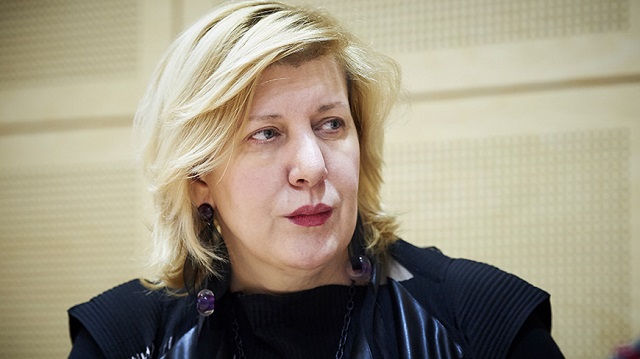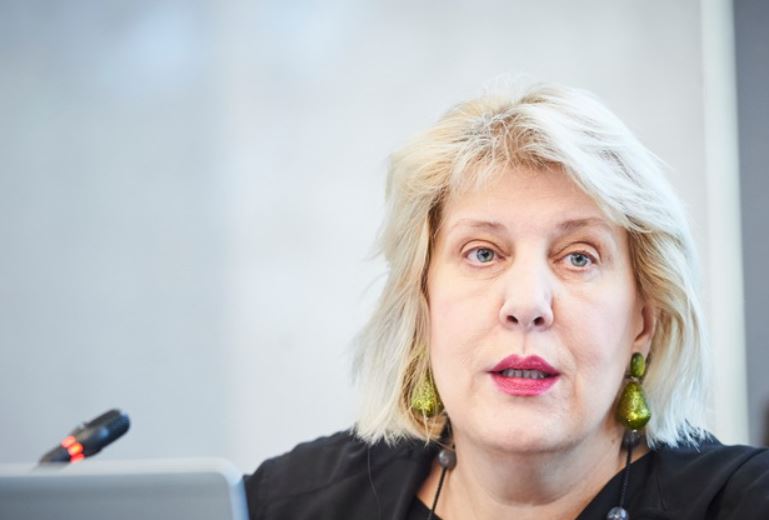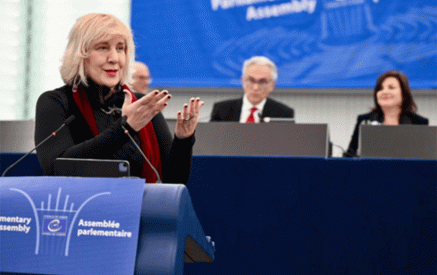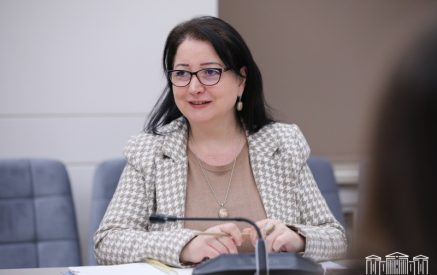“On 20 June, World Refugee Day will spotlight the hardship that refugees endure. I pay tribute to the resilience of refugees and reiterate the call to protect them and uphold their rights”, said today the Council of Europe Commissioner for Human Rights, Dunja Mijatović, ahead of World Refugee Day. “All too often, additional hardship is deliberately inflicted on refugees by many of the states to which they turn for protection, including in Europe. This is inhumane and must stop.
Governments should start with tackling the most blatant violations of refugees’ rights. Pushbacks are a case in point. They are becoming more normalised and are carried out in an increasingly violent way across Europe. The illegal practice of pushbacks not only deprives those who may seek asylum from this opportunity. It also eats away at the foundation of international human rights law which protects refugees.
All too often, pushbacks are justified by European governments by appealing to a shared interest to ‘protect European borders’. It is not rare that other governments remain silent when credible evidence of pushbacks emerges. Worse still, some government officials condone or even praise the heavy-handed border control measures used by their peers in other countries. In this way, European governments legitimise actions that not only violate the human rights and dignity of the people pushed back, but also undermine the values and principles upon which Europe is built.
Pushbacks and border violence not only threaten the rights of refugees and migrants, but also those of the citizens of European states. When unlawful and violent action by police or other law enforcement agencies can take place with impunity, their accountability is eroded and the protection of all citizens may be compromised. Impunity for unlawful police actions indeed negates the principle of equal rights and dignity for all, and undermines public trust in state institutions.
Read also
I therefore call on all Council of Europe member states to hold true to their obligations to refugees by stopping pushbacks and border violence on their own territories, and by holding each other to account for failing to protect refugees and their rights. I also call on member states to ensure that their National Human Rights Institutions have the capacity to monitor and report on the situation of refugees and migrants at borders, and urge them to implement the recommendations of such institutions. It is also crucial to carry out effective investigations into all allegations of violent or racist incidents at borders, in particular when they involve law enforcement forces.
Protecting the human rights and dignity of refugees is not an option, but a moral and legal obligation that all member states have to uphold.”
Council of Europe
























































